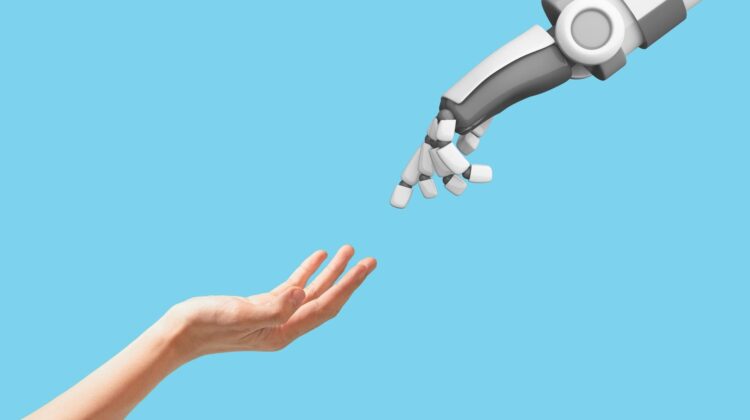
Breaking Boundaries: R&D’s Impact on Next-Gen Technologies
In an era where technology is the cornerstone of progress, the realm of research and development (R&D) serves as the crucible for future advancements. The exploration of next-generation technologies is not just a mere continuation of the status quo, but rather a radical reimagining of what is possible, breaking boundaries that once seemed insurmountable. In this intricate tapestry of innovation, R&D is not just an accessory but the very warp and weft that holds it together.
At the heart of this revolutionary change is a diverse array of fields, each contributing uniquely to the collective goal of technological evolution. From artificial intelligence (AI) and quantum computing to biotechnology and sustainable energy solutions, R&D’s role is pivotal in transcending traditional limitations. The ongoing advancements in AI, for instance, are not just about enhancing computational capabilities; they are reshaping industries, redefining human-machine interactions, and challenging our very understanding of intelligence. Similarly, the strides in biotechnology are not confined to laboratories but extend to impacting healthcare, agriculture, and environmental conservation, promising solutions to some of the most pressing challenges of our time.
The investment in R&D is indicative of a nation’s commitment to progress. Governments and private entities alike are pouring resources into R&D, recognising its potential to drive economic growth, create jobs, and maintain a competitive edge in the global market. This investment is not merely financial; it encompasses the cultivation of human capital, the development of infrastructure, and the fostering of a culture of innovation. The UK, for example, has consistently been a frontrunner in R&D investment, with a focus on nurturing a robust ecosystem that supports research across various domains.
However, this journey is not without its challenges. The path of innovation is fraught with uncertainties, and the outcomes of R&D efforts are not always predictable. The high risk associated with R&D necessitates a tolerance for failure and an appreciation of the iterative nature of scientific inquiry. Moreover, the ethical implications of emerging technologies, such as AI and genetic engineering, pose profound questions that society must grapple with. It is imperative that R&D is guided not only by the quest for knowledge and utility but also by ethical considerations and the potential impact on humanity and the environment.
Another significant aspect is the collaborative nature of modern R&D. The complexity of contemporary challenges requires a multidisciplinary approach, bringing together experts from diverse fields to ideate, innovate, and implement solutions. This collaboration extends beyond academia and industry to include policymakers, civil society, and end-users, ensuring that the outcomes of R&D are aligned with societal needs and values. The role of international collaboration cannot be overstated, as it allows for the pooling of resources, knowledge, and expertise, thereby accelerating the pace of innovation.
As we look to the future, the impact of R&D on next-generation technologies will only intensify. The ongoing digital revolution, the exploration of space, the quest for sustainable living, and the pursuit of improved healthcare are just a few arenas where R&D will play a critical role. The boundaries being broken today are paving the way for a future that is more connected, more sustainable, and more attuned to the complexities of the human condition.
In conclusion, R&D’s role in shaping next-generation technologies is multifaceted and profound. It is a journey of exploration and discovery, marked by challenges and opportunities. The commitment to R&D today is an investment in a future where technology not only enhances our capabilities but also enriches our lives and safeguards our planet. As we continue to push the frontiers of what is possible, the narrative of human progress will be inextricably linked to the endeavours of research and development.
Author: Kiera Edwards
Consultant in new technologies, specialising in R&D in Silicon Valley, works with The Deeping in the area of Technology and Innovation
